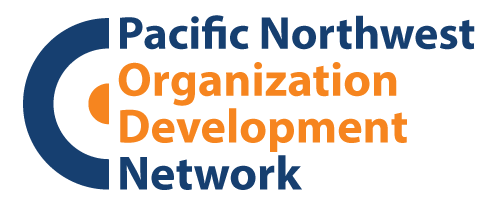May 2017
|
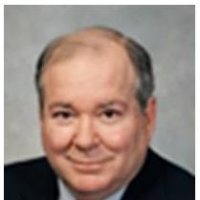 From the President: From the President:
Leadership and Power
by
William “Bud” Wurtz, Ph.D.
2017 PNODN President
A phrase from an otherwise long-forgotten business journal article on leadership from the early days of my OD career continues to haunt me: “the age-old problem of power”. The phrase remains relevant, I believe, because of the eternal and universal truth of Lord Acton’s observation, “Power tends to corrupt and absolute power corrupts absolutely.”
OD practitioners have done much to advance our modern understanding of leadership. I credit the OD field with making the crucial distinction between the leadership of people and the management of things. The voluminous literature on leadership has produced many pertinent, useful insights. But I am concerned that we often tend to avoid confronting this problem of power and its corrupting nature.
Laszlo Bock, in an interview a few years back when he was SVP of Google's people operations, that the second of five hiring attributes the company uses for hiring (the first being the ability to learn) “is leadership — in particular emergent leadership as opposed to traditional leadership. Traditional leadership is, were you president of the chess club? Were you vice president of sales? How quickly did you get there? We don’t care. What we care about is, when faced with a problem and you’re a member of a team, do you, at the appropriate time, step in and lead. And just as critically, do you step back and stop leading, do you let someone else? Because what’s critical to be an effective leader in this environment is you have to be willing to relinquish power.”
Relinquish power. Yes, that’s the rub, or at least a big part of it. One of the great disappointments of my career was my work on self-managing teams with the subsidiary of a Fortune 100 company. I have heard some eminent people in our field claim that self-managing teams don’t work. Sorry, I couldn’t disagree more, and I have the data from that effort to prove it. In my case the project was scuttled because SMTs were too much of a threat to many middle managers’ career ladders and paychecks. In short, they weren’t willing to relinquish power and the perks of power.
The other big issue with power is the abusive use of supervisory authority. While progress has been made in honing supervisory skills over the years, a little work out in the field will remind you, and depress you, that there are still far too many supervisors who are still “kicking ass and taking names”. Power corrupts.
I look forward to Tom Everill’s presentation this month on emergent leadership. I look forward to this CEO’s perspective on leadership and what we can do about the age-old problem of power.
Dr. William “Bud” Wurtz
2017 PNODN President

We are starting the 2018 recruitment process for leadership and support positions with PNODN. If you have a few hours a month to help PNODN and a desire to serve in a leadership role, consider contacting us to have a cup of coffee. We’re buying! PNODN needs leaders in order to bring expanded quality programming and services to the OD community.
You might wonder about the benefits of serving as a volunteer for PNODN. Mahatma Gandhi said "The best way to find yourself is to lose yourself in the service of others." This is true with PNODN. Our Board works tirelessly to provide a service to the OD community with our monthly programming, special events, and newsletter. We are proud of what we have accomplished, yet there is much more to do! Plus we have fun doing it! Working together for a common cause provides valuable skills and experiences and builds friendships and networks that can be lasting and strong.
PNODN needs to be constantly evolving to be relevant. We seek new ideas and fresh voices in our leadership roles and new energy in our support roles. To continue with Gandhi's philosophy, consider “being the change you wish to see in the world” by applying for a collaborative, fun, exciting leadership role. We look forward to connecting with you.
Send your letter of interest, indicating one or more roles you are wanting to learn more about and/or be considered for, along with your resume to president@pnodn.org.
|
|
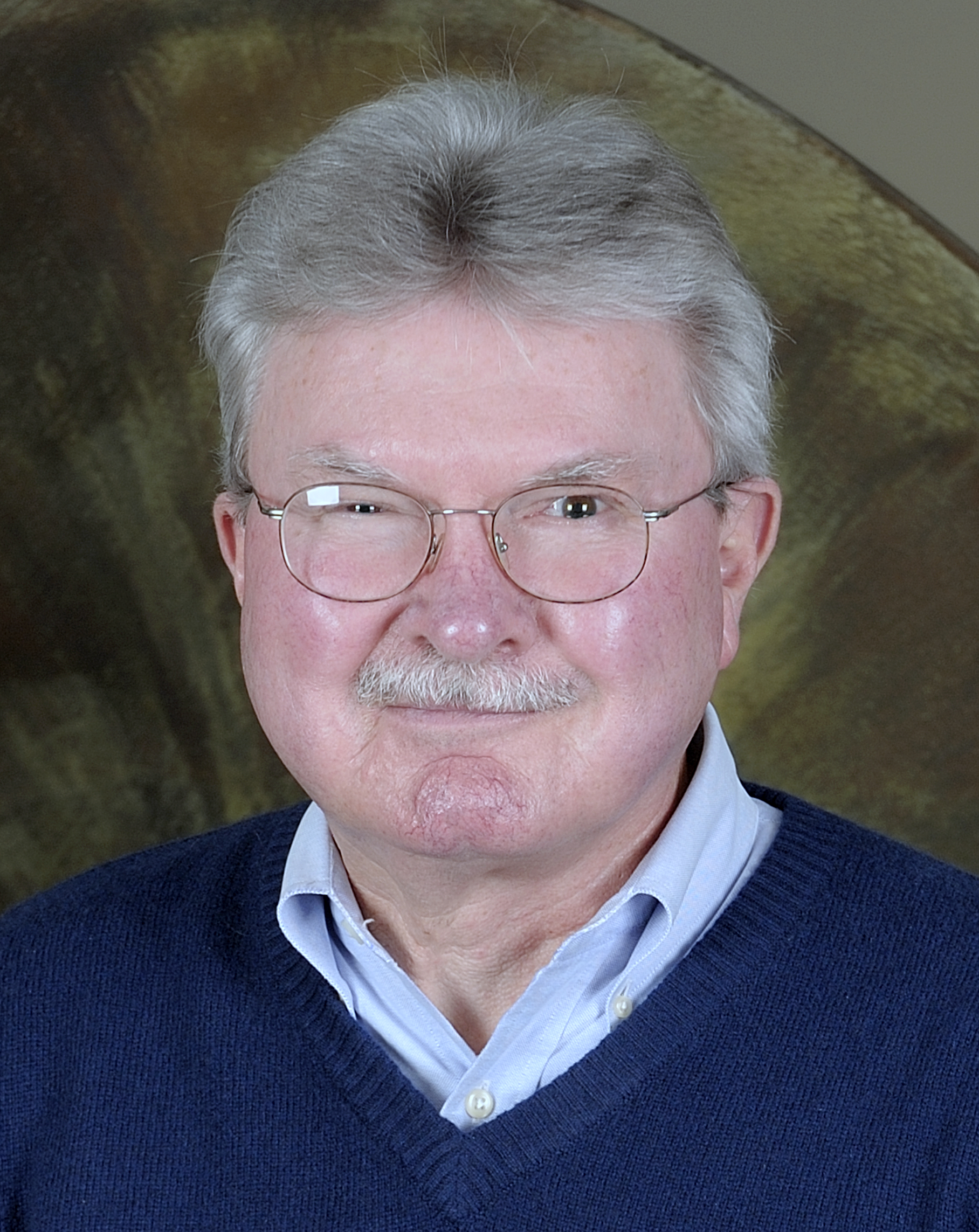 Emergent Leadership Works!! One CEO’s Perspective Emergent Leadership Works!! One CEO’s Perspective
with Tom Everill on April 17
Where does the emergent leader find the courage to convene when the whole organization expects you to decide? What if while standing on the proverbial “burning platform” you don’t know the answers yourself, but have confidence the solutions are already in the system? What does it take to, as Patricia Shaw suggests, “hold open the state of not knowing” long enough for dialogic conversations to yield revolutionary both/and solutions, and to “work with intention into the unknowable” with an organization in free fall?
In this session Tom will share my experience of what Peggy Holman calls engaging emergence with all its glorious messiness, conflict, and anxiety – but also the extraordinary growth and intimacy that comes from working in collaboration, in trust, and ultimately even in love. Not to spoil the ending, but (a) it wasn’t easy, and (b) it worked spectacularly well.

_______________________________________________________________________________
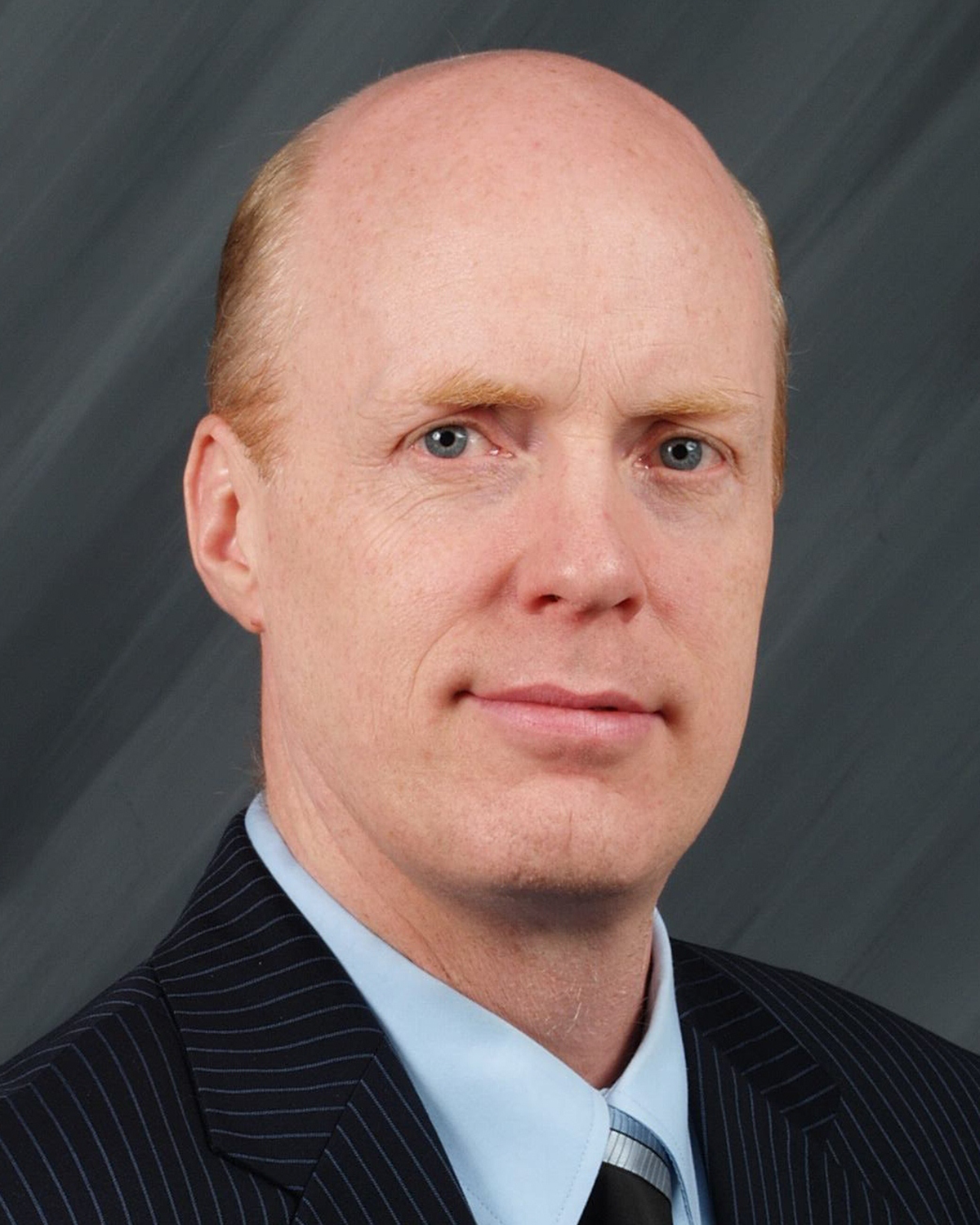
Plan ahead! Implementation Competency with Chris Crosby on May 15
Chris Crosby’s new book, Strategic Organizational Alignment outlines the basics for effective implementations in any organization. Join Chris, aided by his father Robert, in a short interactive workshop on how to increase you or your clients implementation competency. Participants will be shown a step-by-step process that has proven to deliver results across industries all over the globe.
Crosby will start with an experiential activity then move to a short video that illustrates a variety of key systemic principles of project alignment and, finally, hand out a paper entitled Implementation Competency. Interactive dialogue will be woven throughout the presentation.
Participant preparation: Please have in mind a current project or initiative, preferably across departments, that you are trying to implement.
Chris Crosby is the author of the new bookStrategic Organizational Development published by Business Expert Press. He is first and foremost a practitioner with internal and external experience and has held adjunct faculty positions. His brings with him a wealth international experience.
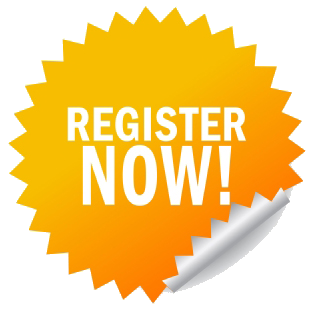
 And looking ahead to the fall, PNODN is offering a very cost friendly half day workshop October 30th following our regular Monthly meeting October 15 with Alex Dunne and Tonya Peck. And looking ahead to the fall, PNODN is offering a very cost friendly half day workshop October 30th following our regular Monthly meeting October 15 with Alex Dunne and Tonya Peck.
October 15th's program: What is Design Thinking?
In a keynote address to the Organization Development Network, renowned consultant Peter Block encouraged attendees to “integrate Design Thinking into your 21st century work”. But what does that mean for OD, HR, and L&D professionals? How might you incorporate Design Thinking into your practice?
Design Thinking is a process of iteration and collaboration most often applied to the creation of new products and services. But its similarities to organization development, in both principle and practice, means it can be applied to broader set of challenges and opportunities. This 90-min interactive session will explore the design thinking approach with emphasis on how it can strengthen organizations.
Participants in this 90-min experiential session will:
1. Develop an applied understanding of the design thinking approach
2. Practice the five key steps of design thinking in real-time
3. Explore its use as an organization development method
4. Leave with concrete next steps to experiment with Design Thinking further
There will be a follow-on half-day workshop, which will go more in depth on Monday, October 30th from 9 AM to noon at Mercer Island Community Center.

Half Day workshop October 30th: Designing Experiences that Develop Organizations Workshop with Alex Dunne and Tonya Peck
How might Design Thinking aid the design and facilitation of group experiences like training, meetings, off-sites, and corporate retreats? How might OD, HR, and L&D practitioners encourage outcome-oriented business leaders to apply Design Thinking to complex/systemic challenges?
Explore these questions and more, while practicing with new experience design tools (provided). This 3-hour session expands on concepts introduced at October’s PNODN Monthly Meeting: What is Design Thinking?
Participants will:
1. Deepen their applied understanding of the 5-step Design Thinking (DT) process
2. Practice with new experience tools (provided) & measure their impact
3. Leave with new tools & concrete next steps to further the practice of DT

|
_____________________________________________________________________________
Review of March Meeting: "Healing Intervention Practices for Individuals and Organization Survivors of Significant Trauma"
by Jeremy Meeds, Program Director
During our March program with Mark Sideman entitled, "Healing Intervention Practices for Individuals and Organization Survivors of Significant Trauma", we talked about how working with trauma impacts us as practitioners and how it impacts our organizations. Mark was dynamic and engaging and truly had an experienced perspective on organizational trauma. As both a psychologist and OD consultant, he was able to present a map on how individual trauma applies to groups of people. He presented us with several resources supporting this, besides his own experience. He talked about how trauma can be recognized by the occurrence of "episodic memory", where energy is current for things that happened in the past. We looked at what to look for when working with organizations that may signal a traumatized system and the importance of putting 'safety first' and creating a safe space. We talked about the three steps towards establishing stability, working towards functionality and developing healing and integration. We talked about the trauma process, what it is, and how it impacts our nervous systems. We talked about the B.A.S.K model associated with trauma and the trauma continuum. We looked at different helping perspectives when engaging systems impacted by trauma and fundamental steps for supporting persons and organizations experiencing chronic trauma. We looked at important considerations regarding trauma interventions, such as capacity, comprehension, and creating an intervention container. Finally, we talked about the three elements that impact our work with trauma-engaged clients, namely, The Client, The Environment, and the Practitioner. Mark answered several questions and led an engaging discussion around how we can apply this as OD practitioners to the organizations we are working with.
| |
Case Study

Savy Slips, Learning on the Run
By Philip S. Heller
Learnings from Practice 25a: Job Transition Coaching
How to help a manager decide if their current position is right for them?
The Request. A Director of Labor Relations from a large city wanted one of his senior managers to focus more on big-picture thinking and build relationships and developmental goals with his direct reports. He requested the help of a coach to develop and implement a learning process to help the manager decide on the right role for success—Is his current role sustainable and is the Director, the individual he wants to be working for?
Larger Context. The Senior Manager was about to go through a 360° feedback process and this would help him look at strengths and needed competencies. That might provide the data for either a development plan or a transition to another position. The manager was an expert labor lawyer, smart, detailed and ambitiously driven with very high standards. He had provided blunt, hypercritical feedback to his direct reports and so had soured those relationships. The Director was concerned about giving the Senior Manager the decision authority that was being sought. The Senior Manager felt stuck in limbo, having accountability without direct control. He was not wanting to leave his current position as that would feel like an embarrassing failure.
Consulting Intervention. After an initial meeting with both the Director and Senior Manager to clarify expectations and milestones, several coaching sessions were scheduled. The coaching goal was for the Senior Manage to develop more internal awareness of his drivers and inhibitors to current patterns and help the manager decide the right role for his success either in his current position or in some other job. After an initial coaching meeting (1), it was clear that the manager was stuck. His high standards would not allow for “failure” which meant he had to succeed at any cost even if he didn’t like the work. In order to develop more compassion and loosen the grip of a self-assessed “failure,” the Senior Manager was given a pre-work assignment (2). He was asked to consider two basic questions: Who are the people that have helped you the most in your life and career (3)? If this were 10 years from now and someone like your current self came to you with a similar dilemma, how might you respond to him?
Last line: For clients that might need to demonstrate more compassion, balance and clarity of career purpose, it may be helpful to have them recall past experiences of caring individuals who have mentored them forward.
(1) To access the agenda we followed in our initial meeting, go to: http://learningdesigna.com/resourcescategory/coaching/ and select: Initial Coaching Meeting.
(2) To access the Pre-work Assignment we used, go to: http://learningdesigna.com/resourcescategory/coaching/ and select: Advice Looking Back.
(3) Part of the Pre-work Assignment was an adaptation of an exercise from: Boyatzis, R and McKee, A. Resonant Leadership. Harvard Business School Press. 2005.
Philip Heller is a senior associate of Learning Design Associates. For 36 years he has helped plan systems change and develop leaders in government, community agencies, and health care centers. Philip received his Ph.D. in Education focusing on learning and problem solving. As part of the originating group, he has been a PNODN member since 1982.
© 2017 Philip S. Heller, Savy Slips, Learning on the Run 25a, Job Transition Coaching
|
|
|
|
 Items of local interest Items of local interest
Engaging the Differences That Divide Us - 2017 Authentic Leadership in Action Conference
The Authentic Leadership Center (Naropa University) would like to let you know about an extraordinary leadership conference coming to our region in June. The 2017 Authentic Leadership In Action conference features teachers Arawana Hayashi (Social Presencing Theater), Gaylon Ferguson (senior Shambhala teacher), Aftab Erfan (Director of Dialogue and Conflict Engagement, University of British Columbia, & senior practitioner of Deep Democracy), Susan Skjei (Director, Authentic Leadership Center at Naropa University), & Leticia Nieto (faculty at St. Martin’s University and author of “Beyond Inclusion, Beyond Empowerment”). This conference brings together expertise in the practices of conflict engagement, authentic leadership, and mindfulness. We’ll gather in Tacoma, June 22-25, on the lovely Pacific Lutheran University campus. Early bird price until May 1. Register here. To learn more about ALIA & the local Community of Practice, contact Steve Byers at smbyers7@comcast.net or (360) 259-0340."
ATDps Presents Learn-a-Palooza: "Connect. Learn. Expand." on May 19 from 9 am to 4 pm.
This year’s theme is Expanding Our Reach from Local to Global
- How do you stay in tune with the continued globalization of organizations?
- How do you keep up with how people learn when so much of it is learned in different ways through the use of technology and outside of classrooms?
- How do we keep growing and developing our own professional needs?
In this session, we will look at how we can bridge the learning gaps across time zones and across different cultures. The ways we approach learning are very different than they were even a decade ago. In order to keep our practices current, we must stay ahead of this technological evolution, and that starts with getting the most out of today’s technology. Learn from top leaders who work through the people gaps, the diversity issues, and the technology to deliver world class learning.
The popular format of year’s past returns with a new slate of Speed Learning SMEs, keynote speaker, networking, and an afternoon mini-hackathon diving deeper into the theme. With a special PNODN member code, PNODN members can attend at the special rate of $169. Contact info@pnodn.org for the code. Register here.
ICF Washington presents their Annual Gala May 18th
The evening celebrates the work as coaches. They'll recognize those who worked hard to earn accreditation this year. They'll honor an ACES or two for excellence and service in the coaching community, the volunteers who make things happen within our chapter, and they'll honor you!
It will be an evening full of camaraderie, celebration, networking and fun as they recognize the power of coaching. It will be a night to shine.
We know you won’t want to miss being part of this galaxy of stars. Details can be found here.
|
HOW TO REACH US
Our Administrator is: Ann M. Baus

The Editor of the newsletter is David C. Wigglesworth
From The Editor
This is your newsletter and we welcome and encourage your contributions. They could include personal news of a professional achievement, a brief article of interest, a short book review, a case study, a cartoon, a joke that is OD relevant and/or anything else that might be of interest to your colleagues who are our readers. I thank you in advance.
|
|
|
|
|
